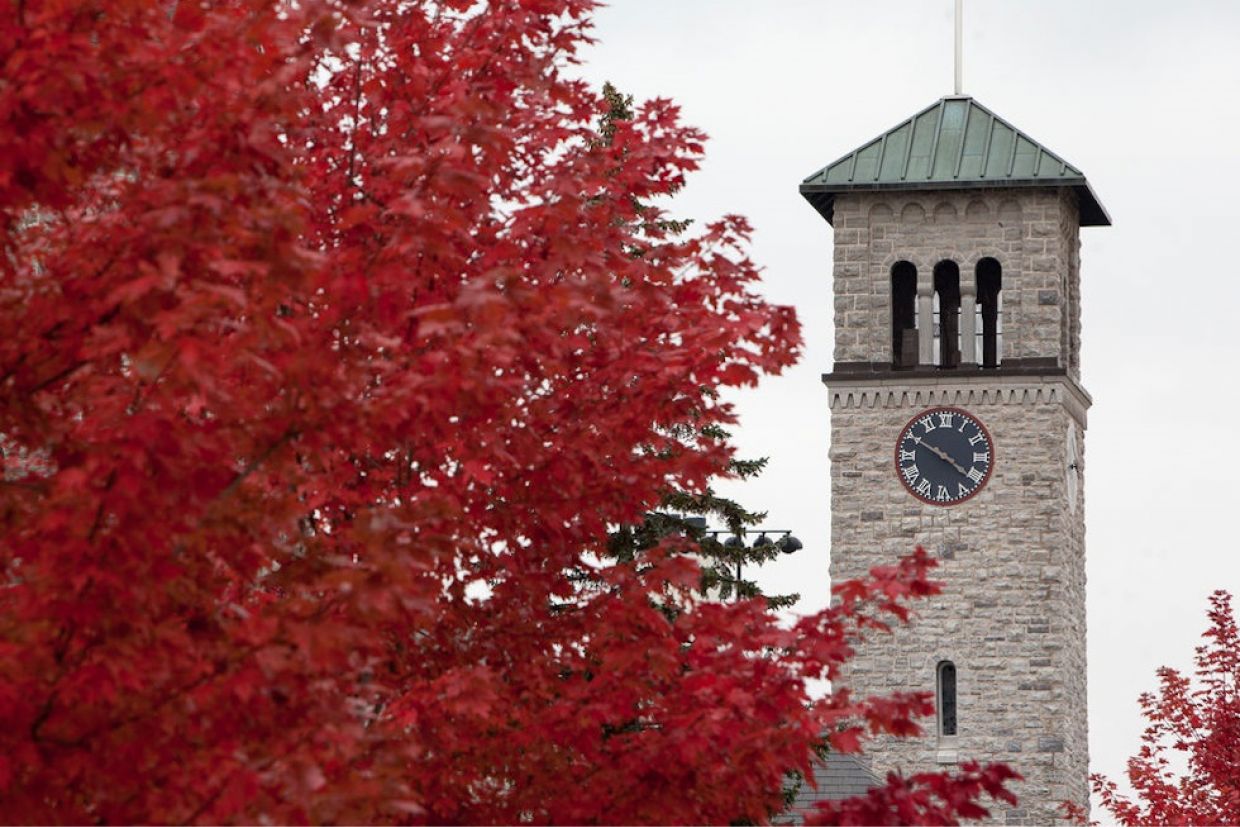There is only so much you can learn about Africa while sitting at a desk in Kingston. For his undergraduate dissertation, David Orr, Artsci’16, conducted research into the corporate social responsibility practices of mining companies on the continent, but to get a fuller picture of what was happening, Orr knew he needed to travel to Africa.
To fund the trip, Orr applied for a scholarship through the Arts and Sciences Undergraduate Research Fund (ASURF), which provides Queen’s students with financial support for undergraduate research. The funds can be used for travel, equipment or materials to support research that might otherwise not be possible for undergraduates.
Educational enrichment opportunities such as ASURF are funded in large part through alumni donations, and the program is only one example of how the generosity of Queen’s alumni contributes to vibrant campus life. This #GivingTuesday, a global movement to encourage everyone to give back to their own communities, our alumni are reflecting on the meaningful impact donor contributions had on their time at Queen’s. For many, alumni donations were the foundation of successful careers — at home and abroad.
Orr, for example, received $1,500 to support travel to South Africa to interview mining firms, government officials, and academics. And the impact of that scholarship far exceeded its dollar value.
“It furthered my sense of Africa. Thanks to it, I was able to publish a book chapter on the subject, and it was fundamental to getting accepted to Cambridge University’s Master of Philosophy in International Relations and Politics program,” Orr, who now lives in the U.K., says.
“I was also able to leverage it to get hired in my current role as the go-to person for corporate social responsibility and inclusive infrastructure investment with Mott MacDonald in London. I am very, very grateful for that scholarship, and the others I received while I was at Queen’s.”
For Alyssa McLeod, Artsci’18, the impact of alumni donations was a little closer to home. Now a law student at McGill University in Montreal, McLeod values the personal connections she was able to make at donor-funded events such as Homecoming and keynote-speaker events.
“When you're pursuing your studies, you spend so much energy navigating what you want out of your career. It can be really overwhelming to picture where you could see yourself, and having the opportunity to speak with alumni who have gone through the same thing was so valuable,” says McLeod.
“Part of what is beautiful about student-alumni connections is that when you're in a university setting, you don't necessarily realize the vast amount of professional possibilities that exist.”
Donations from the university’s most generous donors built the infrastructure that helped define Luke Kessaram’s, Artsci’16, experience at Queen’s.
“The International Study Centre at Herstmonceux Castle introduced me to art history, which I majored in,” says Kessaram of his time at the 15th century castle that Drs. Alfred and Isabel Bader donated to Queen’s in 1993.
“In the middle of the English countryside, art history was on your doorstep, and it was amazing to experience first-hand.”
The Baders’ generosity also enriched Kessaram’s experience in Kingston. Paintings that they donated to the Agnes Etherington Art Centre have featured in art-history course work, and the Isabel Bader Centre for the Performing Arts provides students with an outlet for their creative energy.
“Those donations created the space for creativity on campus. The Isabel Bader Centre for the Performing Arts has an integrated audio-visual system that runs throughout the building, and it allows students to create installations that they otherwise couldn’t.”
Scholarships, events, and infrastructure all play a critical role in enriching the Queen’s student experience. But donations also help make the university more equitable. The generosity of donors helps fund needs-based bursaries that enable students experiencing financial hardship to continue their studies at Queen’s.
“This brings a wide range of perspectives to classroom discussions, and diversity increases the value of education for everyone,” says Sarah Fay, Com’20.
“I worked at Queen’s fundraising services for four years, and called alumni to ask them to donate. Sometimes they did, and sometimes they didn’t. But whether alumni gave $5, $10, or $50 a month, it always reminded me of the sense of community that Queen’s students and alumni have with each other.”


